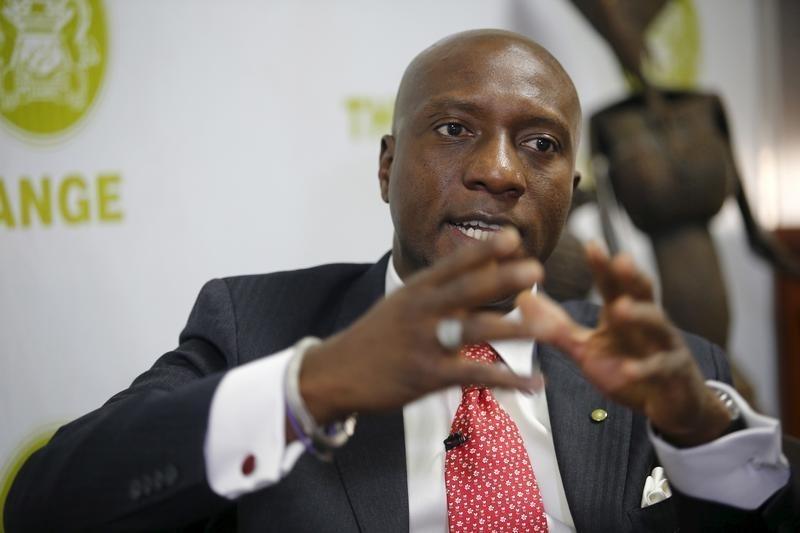
The Nigerian Stock Exchange (NSE) has amended the rules on Pricing Methodology and price movements of equity securities traded on The Exchange.
Confiance News gathered that the amendments, which became effective on Friday October 11, 2019, are to Rules 15:29.2. C.2 of the Rulebook of the Exchange, 2015 (Dealing Members’ Rules). The amendments relate to the minimum trade quantity required to change prices for equity securities traded on The Exchange.
With the development, the minimum trade quantity required to change prices for equity securities traded on The Exchange will henceforth be one hundred thousand (100,000) units for all securities groups.
What it means: This implies that trades of fewer than One Hundred Thousand (100,000) shares in any of the groups are small trades. Small trades in equity security will not result in a change in the publicly reported price of such security.
The revised pricing methodology is expected to ensure overall market stability and efficiency and fairness in pricing NSE securities.
It is noteworthy to state that the NSE had implemented amendments to its pricing methodology and par value rules that saw the categorisation of quoted companies under three groups with different pricing rules on January 29, 2018.
Group A consists of large-capitalised equities that are priced at N100 per share or above for at least four of the last six trading months, or new security listings that are priced at N100 or above at the time of listing on the Exchange.
The second category, Group B, consists of medium-priced equities that are priced at N5 per share or above but less than N100 per share for at least four of the last six months, or new security listings that are priced at N5 per share or above but less than N100 per share at the time of listing on the Exchange.
The third category, Group C, consists of equities that are priced at one kobo per share or above but below N5 per share for at least four of the last six months, or new security listings that are priced at one kobo per share or above but below N5 per share at the time of listing on the Exchange.
Previously, the prices of securities would only change if the volume of trade was at a threshold of 10,000 for securities in Group A, 50,000 for securities in Group B and 100,00 for securities in Group C.
The Chief Executive Officer (CEO) NSE, Oscar N. Onyema, said, “The Exchange remains committed to maintaining a platform that engenders a fair and efficient market. This change is born out of the need to ensure that all price improving (up/down) transactions are material, making the market more efficient and attractive. We will continue to review our rules and rule-making processes to boost investor confidence in our market while ensuring that NSE rules comply with international best practice.”








Leave a comment